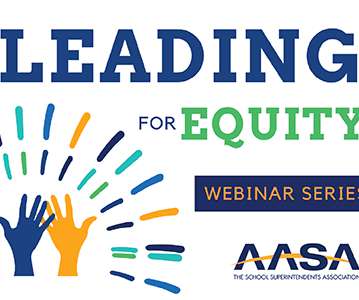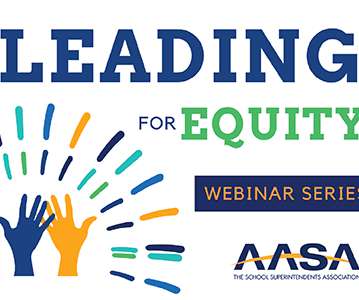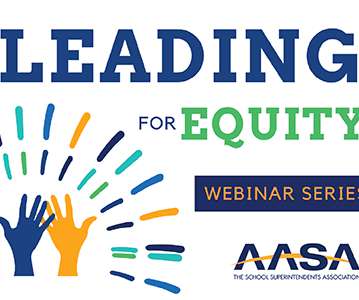Cultivating an Anti-Racist School District
edWeb.net
MARCH 17, 2021
How can school districts provide more equitable outcomes for their full range of students, while also implementing anti-racist policies and procedures? These activities therefore also need to be reconsidered in order to make sure diverse students have equal access to them and are not prevented from benefiting from them.

















Let's personalize your content